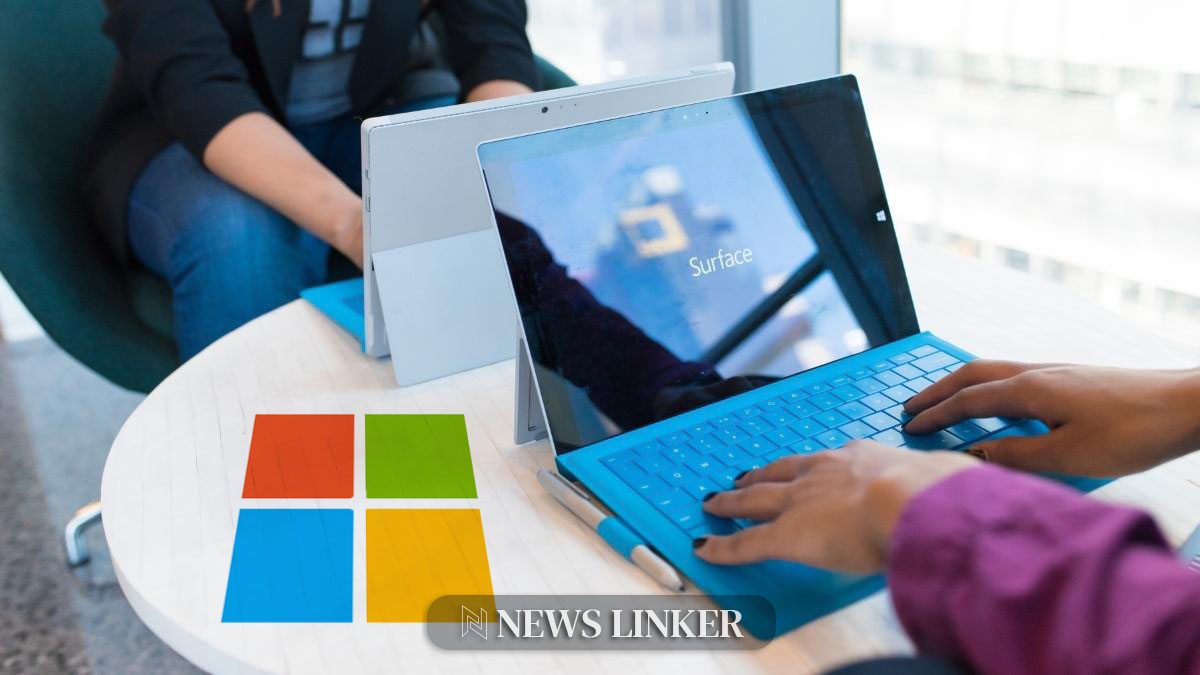Microsoft has introduced an innovative AI-powered feature called “Recall” during its Build 2024 event. Recall captures and stores snapshots of all user activities on Windows 11, providing a visual timeline that users can search through. This feature aims to enhance productivity by enabling users to revisit specific moments from their PC activities. While this functionality is promising, it has raised significant privacy concerns due to its comprehensive activity logging capabilities.
Founded in 1975, Microsoft Corporation is a leading technology company known for its software products, including the Windows operating system and the Office suite. The company also provides a range of other services and devices, from cloud computing solutions to hardware like the Surface series of tablets and laptops. Its headquarters are located in Redmond, Washington.
When Microsoft first introduced similar features with Timeline on Windows 10, it was met with mixed reactions. While some users appreciated the enhanced functionality, others were concerned about privacy implications. The Timeline feature was eventually discontinued, which indicates the delicate balance Microsoft must maintain between innovation and user privacy.
Comparatively, Apple‘s Rewind app for Mac offers similar activity recording capabilities but also faced scrutiny over data privacy issues. Like Recall, Rewind aimed to improve user productivity, but it highlighted the ongoing debate over how much personal data tech companies should have access to. This context provides a framework for understanding the potential impact of Recall on both user experience and privacy.
Recall AI-powered Feature
At the recent Build 2024 event, Microsoft showcased Recall, an AI-driven feature designed for Copilot+ PCs. Recall captures all user activities on Windows 11, including apps, meetings, and websites, and stores these snapshots locally with encryption. Users can search through this visual timeline or use AI transcription to locate specific moments from their interactions on the computer.
Privacy Concerns
Despite its potential benefits, Recall has sparked debates over data privacy. The feature logs a comprehensive record of user activities, which has raised fears of extensive surveillance. Although Microsoft assures that data is encrypted and stored locally, the capability to monitor detailed PC activities remains a contentious issue.
Comparison to Similar Technologies
Recall shares similarities with the now-discontinued Timeline feature on Windows 10 and the Rewind app for Mac. Both features aimed to boost productivity by allowing users to revisit past activities. However, the privacy concerns associated with these technologies highlight the challenge of balancing innovation with user privacy protection.
Key Takeaways for Users
– Microsoft asserts Recall data is stored locally and encrypted.
– Users can stop recording, erase content, and exclude specific apps or websites.
– Recall requires specific hardware and storage specifications to function.
While Recall promises to enhance user productivity by allowing easy access to past PC activities, the privacy concerns it raises cannot be ignored. The feature highlights an ongoing trend in technology where user convenience is often weighed against data privacy. For users, it is crucial to stay informed about how their data is being collected and used. Microsoft’s efforts to provide control over the data, such as local storage and encryption, are steps in the right direction. However, the broader implications of such comprehensive activity logging will likely continue to be a subject of debate among privacy advocates and tech enthusiasts alike.










